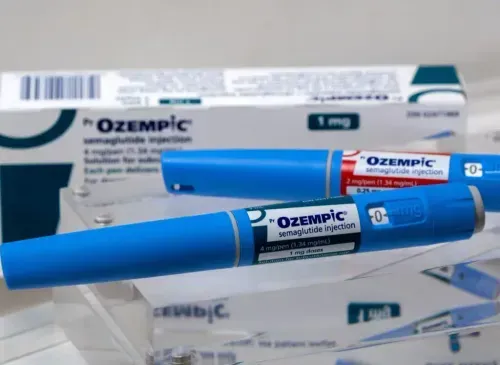Founding Partner
- Home
- Practice Areas
-
- About Us
-
-
-
- Our Legal Team
- Jerrold S. Parker
- Herbert L. Waichman
- Raymond C. Silverman
- Brett A. Zekowski
- Melanie H. Muhlstock
- Francisco A. Albites
- Craig H. Snyder
- Harrison M. Biggs
- Jason S. Goldstein
- Christopher Oxx
- Gerard Ryan
- Alex Tovstolug
- Megan L. Foggia
- Carrie R. Guest
- Benjamin Portnoy
- Laila A. Razzaghi
- Steve Fils-Aime
- Ryan Mcallister
- Denny Tang
- Sean L. Kiely
- Ankesh Sharma
- View All Attorneys
- View All Staff
-
-
- Reviews
- Blog Posts
- Our Results
- Contact
- Se habla español




































 but since i can only send 5 i Guess i will just have to send that truly yours Rashine Downs
but since i can only send 5 i Guess i will just have to send that truly yours Rashine Downs